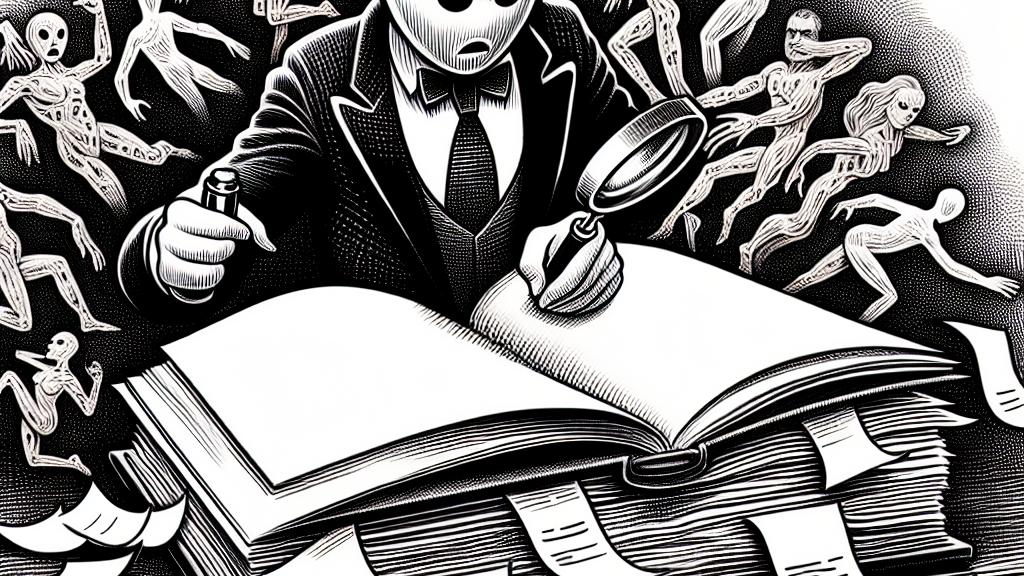How to Spot Untrustworthy Movie Review Writers
Overview
- Identify specific phrases that signal subpar movie critiques.
- Understand the essential elements of a thoughtful review.
- Learn to trust critiques that provide substantial evidence.

Recognizing Red Flags in Reviews
Have you ever felt puzzled after reading a movie review? You know, the ones that casually mention phrases like 'the storyline is predictable' or 'the character development is lacking'? These expressions should send alarm bells ringing! They often indicate that the reviewer hasn't engaged with the film on a deeper level. For instance, if they describe a character as shallow, they should back it up with specific examples that showcase their actions or choices throughout the film. Imagine reading a review that details how a seemingly one-dimensional character has a subtle transformation and how that affects the audience's perspective. Such engagements with the material create a richer, more fulfilling discussion about what makes a character compelling or forgettable.
The Importance of Detailed Critiques
Let’s dive deeper into what constitutes a quality movie review. It's not just about asking whether the film is entertaining; it's about dissecting the intricate elements that contribute to its overall impact. For example, consider a film that tackles heavy themes, like the struggle for identity. A strong review would discuss how the use of color, music, and even camera angles work together to enhance the emotional weight of the story. By pointing out particular scenes—like the moment a character finally stands up to societal expectations, showcasing a shift in their arc—a writer demonstrates their engagement with the film. The goal is to provide insights that engage your imagination, prompting you to reflect on the visual storytelling techniques at play. This depth of analysis transforms an ordinary movie review into an insightful exploration of cinema.
Trust Reviews That Make Solid Arguments
Now, how do you sift through the noise to find trustworthy reviews? The secret lies in the details. High-quality reviews avoid catchphrases like 'emotionally gripping' or 'simply boring,' unless they follow up with concrete examples that flesh out those claims. For instance, instead of stating a movie was 'too long,' a thoughtful review might analyze pacing issues, pinpointing where scenes felt drawn out or detracted from the narrative flow. Furthermore, good reviews often make connections to similar films, discussing not just what was done well but also where improvements could have been made. Imagine a review that compels you to think critically, raising questions about the characters' moral choices, and framing the discussion within larger societal themes. When you encounter a review that invites you into a conversation about the deeper meanings embedded in the film, you can trust that the writer has genuinely engaged with the material.

Loading...